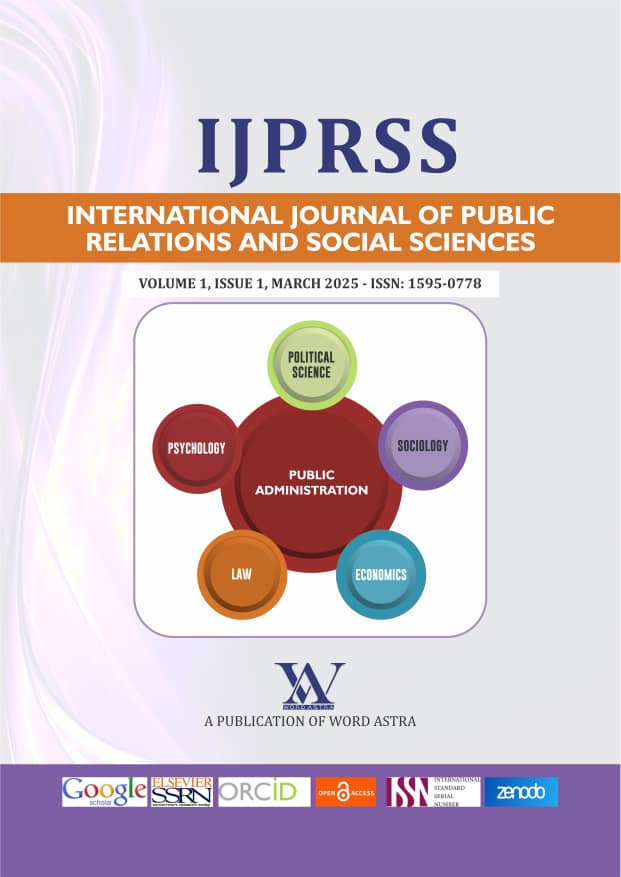
The Role of Trade Unions in Ensuring Job Security and Welfare Benefits: A Case Study of the Nigeria Labour Congress in Akwa Ibom State
ABSTRACT This study examines the role of trade unions in ensuring job security and improving welfare benefits for civil servants in Akwa Ibom State, Nigeria. It evaluates union effectiveness in negotiating employment retention policies, advocating for better working conditions, and securing workers’ rights while identifying key challenges such as government interference, economic constraints, and leadership conflicts. A mixed-methods research design was employed, incorporating both qualitative and quantitative approaches. Primary data were gathered through structured questionnaires, key informant interviews (KIIs), and focus group discussions (FGDs), while secondary data sources included government reports, union documents, and academic literature. Data were analysed using SPSS, employing descriptive statistics and inferential techniques such as chi-square tests and regression analysis to assess the relationship between union activities and job security/welfare outcomes. The research is grounded in Marxist labour theory and collective bargaining theory, as they help to highlight the struggle between employers and employees, emphasising unions’ role in addressing economic inequalities and underscoring unions’ influence in securing favourable labour policies through negotiation. Findings reveal that trade unions significantly contribute to job security, wage increments, and welfare benefits like pensions and healthcare. However, legal restrictions, economnic instability, and leadership disputes hinder their effectiveness. Strengthening legal frameworks, governance, and financial independence can enhance union influence.
Download Article


